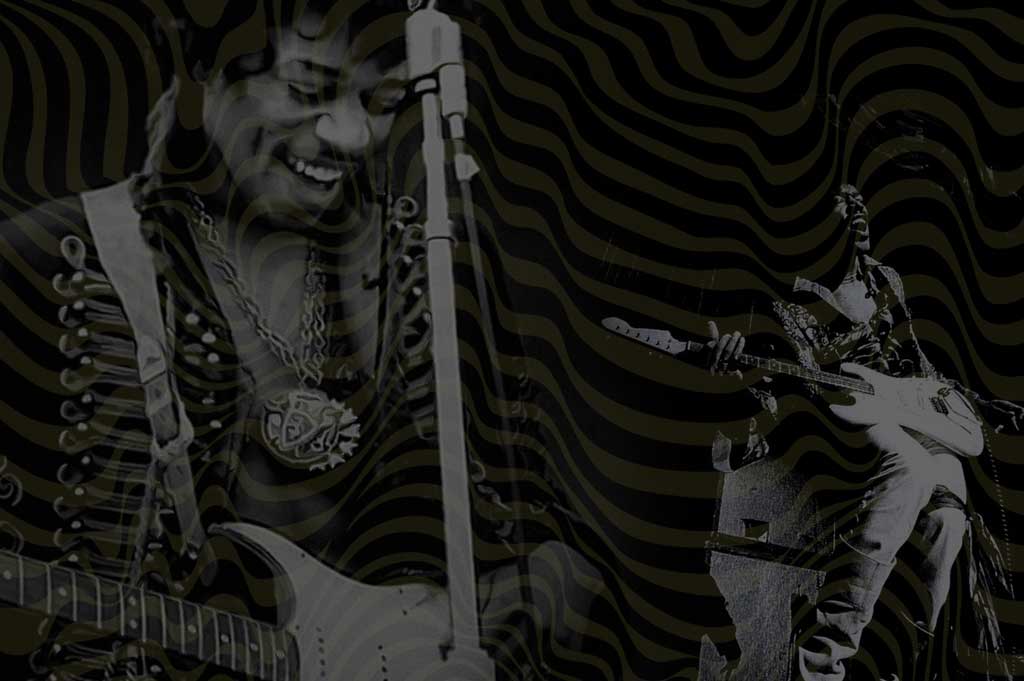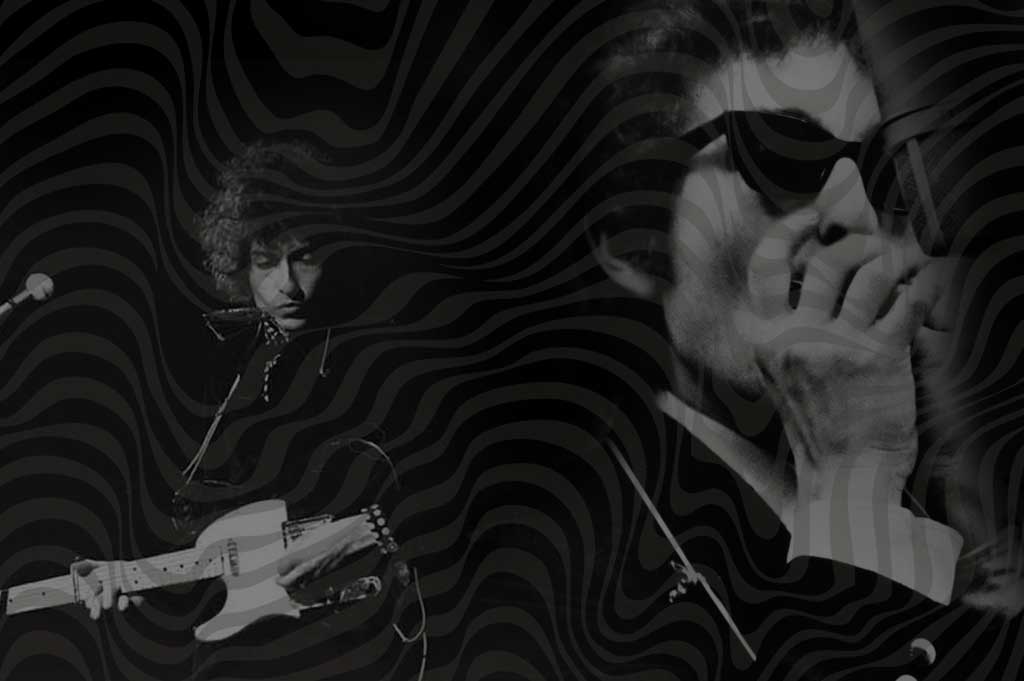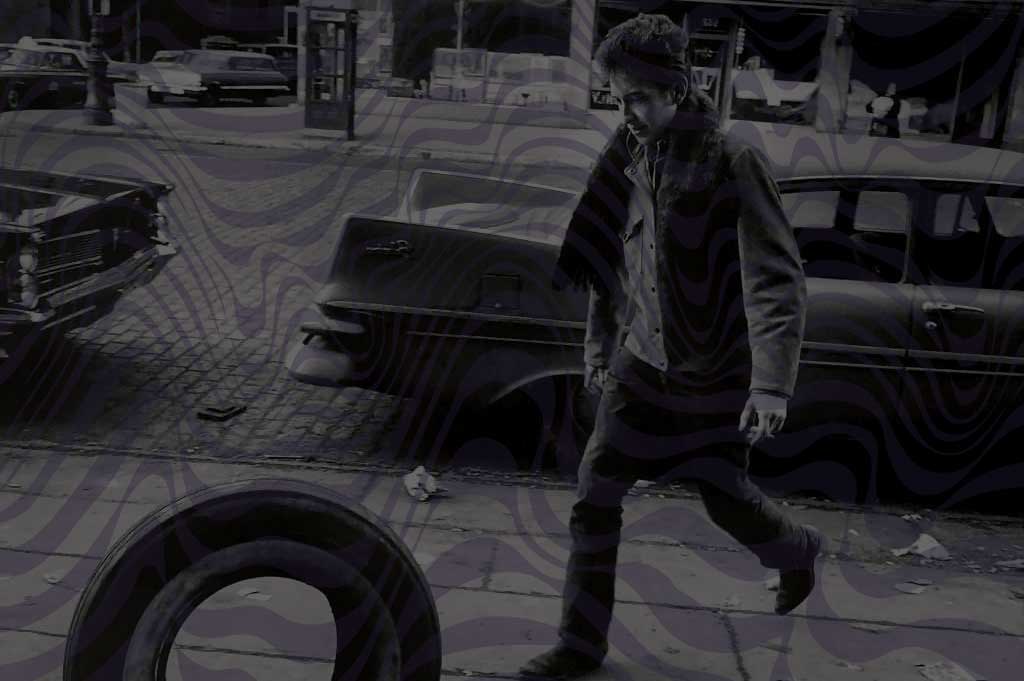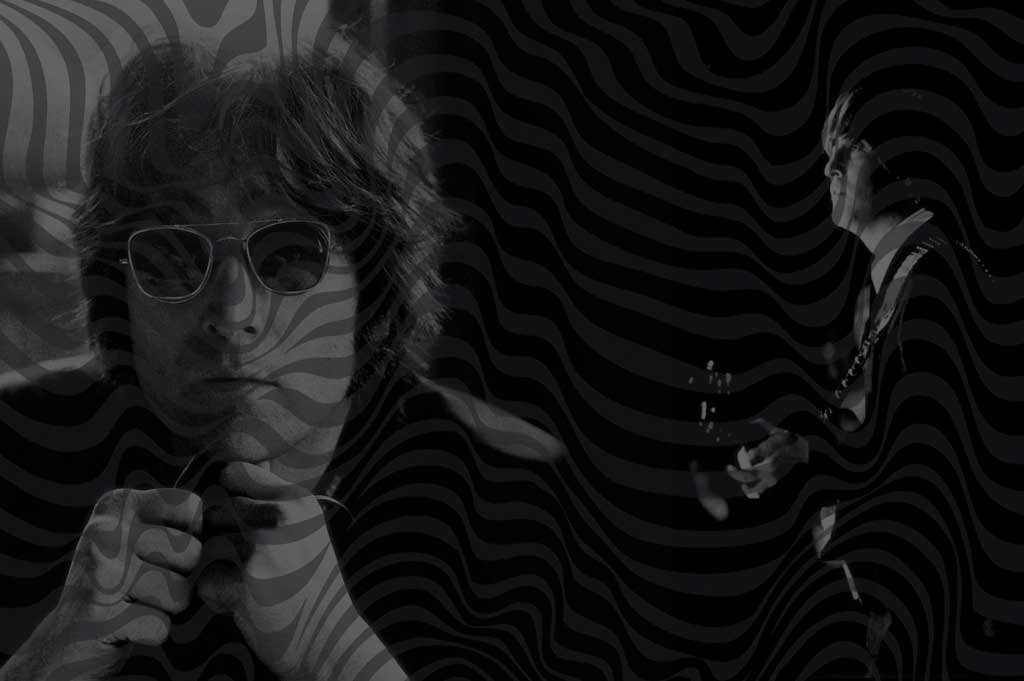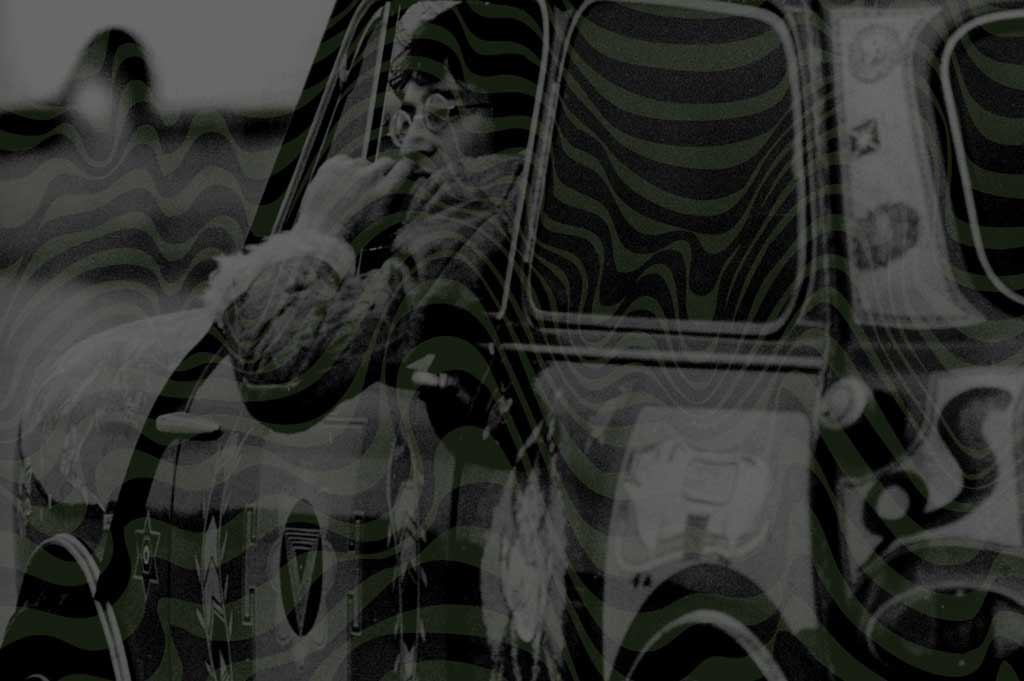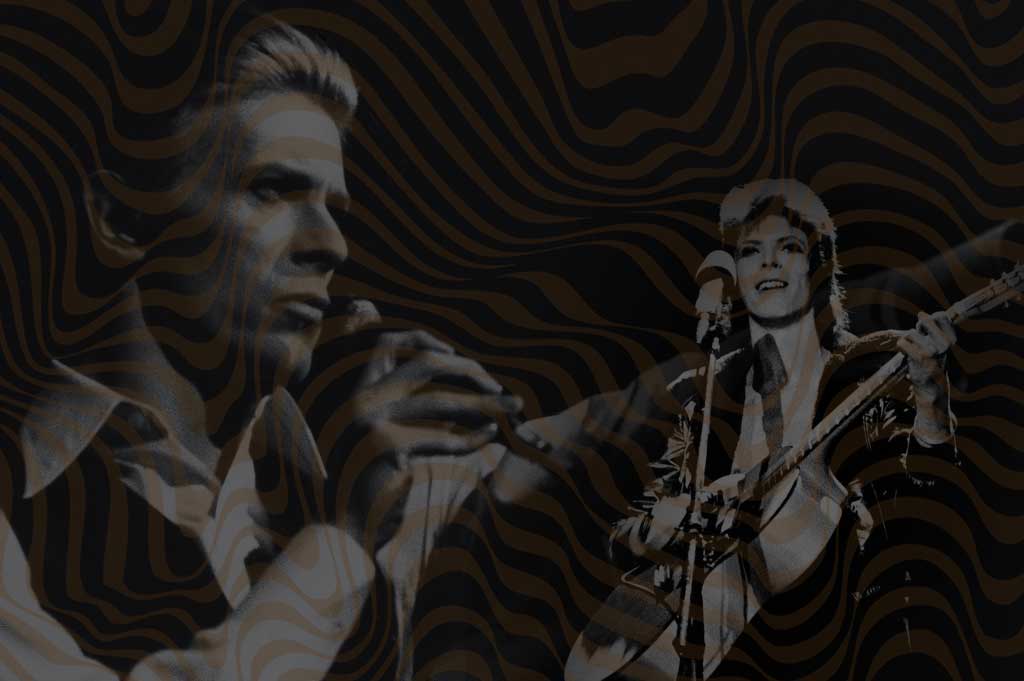Although much of the rock and roll in the early 1960’s focused on adolescent themes with relatively simple lyrics and melodies – Bob Dylan changed all that. He blew the doors wide open by writing rock and roll songs that included epic[ref]An epic (from the Ancient Greek adjective epikos, from epos “word, story, poem”) is a lengthy narrative poem, ordinarily concerning a serious subject containing details of heroic deeds and events significant to a culture or nation. http://en.wikipedia.org/wiki/Epic_poetry[/ref] themes.
Like a true shaman, Dylan’s epic songwriting was inspired by his mystical experiences in the dreamtime. It changed the way people listened to music. Dylan did “more than anybody else. . . to develop in a mass audience the kind of receptiveness to things imaginative and nontrivial.”[ref]Michael Gray, Song & Dance Man/The Art of Bob Dylan, (New York: E.P. Dutton & Co., Inc., 1972), 144.[/ref]
Here was rock music, part of the pop world, yet with it Bob Dylan was pumping out something of infinitely more dimensions than any one else had ever thought of in pop before.[ref]Ibid.[/ref]
Shamans’ songs are first-hand accounts of their ecstatic experiences. And, scholars theorize that ecstatic euphoria constitutes one of the universal sources of lyric and epic poetry.
The shaman’s adventures in the other world, the ordeals that he undergoes in his ecstatic descents below and ascents to the sky, suggest the adventures of the figures in popular tales and the heroes of epic literature. Probably a large number of epic ‘subjects’ or motifs. . .of epic literature, are. . .of ecstatic origin. . .in the sense that they were borrowed from the narratives of shamans describing their journeys and adventures in the superhuman worlds.[ref]Micea Eliade, Shamanism: Archaic Techniques of Ecstasy, (Princeton, NJ: Princeton University Press, 1964), 510.[/ref]
In Martin Scorsese’s film “No Direction Home,” Bob Neuwirth, friend and associate of Dylan, explains how during the early 60’s in the Village a key question always asked about any performer was “does he have anything to say?”[ref]Martin Scorsese, No Direction Home, 2005.[/ref] That was all that mattered. And, Bob Dylan offered his vision as to what was really going on. He changed the way people listened to music – with his audience becoming part of a magical initiation that had the potential to transform anyone who was listening.


